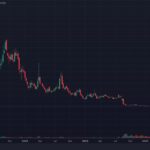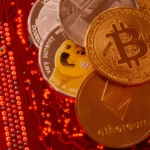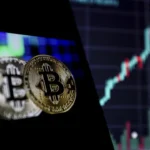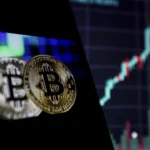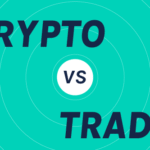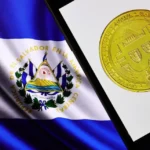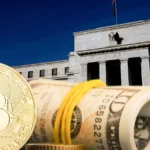Crypto Regulation Watch: Global Legal Changes You Should Know
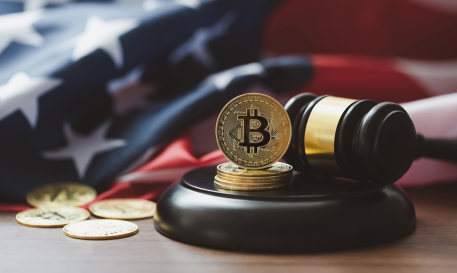
Introduction: The Rising Tide of Crypto Regulation
As the cryptocurrency market matures, global regulators are increasingly stepping in to define the rules of the digital financial ecosystem. Governments and financial authorities across the world are introducing new laws and policy frameworks to ensure transparency, investor protection, and financial stability—while still encouraging innovation. In this article, we explore the most significant recent legal changes in key jurisdictions and what they mean for investors, exchanges, and blockchain projects.
United States: A Pivotal Year for Crypto Policy
The U.S. has taken a proactive stance in 2025, with the Securities and Exchange Commission (SEC) and Commodity Futures Trading Commission (CFTC) intensifying their oversight of crypto assets. Key developments include clearer definitions of which tokens qualify as securities, ongoing enforcement actions against unregistered exchanges, and growing bipartisan interest in creating a unified federal regulatory framework. The approval of spot Bitcoin ETFs has also marked a major milestone, signaling increased institutional acceptance.
European Union: MiCA Comes into Force
The Markets in Crypto-Assets (MiCA) regulation officially came into effect in early 2025 across EU member states. This comprehensive legal framework sets out strict requirements for stablecoin issuers, crypto asset service providers (CASPs), and wallet providers. MiCA aims to boost consumer confidence and unify regulations across the continent, making it easier for companies to operate within a standardized regulatory environment.
United Kingdom: Striking a Balanced Approach
The UK is positioning itself as a global hub for digital assets with a “pro-innovation” regulatory approach. In 2025, the Financial Conduct Authority (FCA) introduced a new licensing regime for crypto exchanges and clarified the legal treatment of staking services. The government has also launched initiatives to integrate blockchain into the financial services sector while maintaining strict compliance standards to combat fraud and money laundering.
Asia-Pacific: Innovation Meets Scrutiny
Countries in the Asia-Pacific region continue to show diverse regulatory attitudes. Singapore remains crypto-friendly, with strong regulatory guidelines for exchanges and token offerings. Meanwhile, Hong Kong has reopened its doors to crypto trading under a new licensing regime. In contrast, India maintains a cautious stance, with a high tax burden on crypto transactions and limited clarity on legal status—yet it is actively exploring a digital rupee (CBDC).
Latin America & Africa: Embracing Crypto Amid Gaps in Regulation
In regions like Latin America and Africa, cryptocurrencies are increasingly seen as tools for financial inclusion and economic resilience. Countries such as Brazil and Nigeria have made strides in regulating exchanges and launching CBDC pilots. However, many jurisdictions still lack comprehensive legal frameworks, creating uncertainty for businesses and investors operating in these markets.
Emerging Trends: CBDCs, AML, and DeFi Regulation
Regulatory attention is now extending beyond exchanges to cover decentralized finance (DeFi) platforms, stablecoins, and Central Bank Digital Currencies (CBDCs). Anti-money laundering (AML) compliance is becoming non-negotiable, with new travel rules and Know-Your-Customer (KYC) mandates being implemented globally. Regulators are also studying how to govern autonomous protocols, smart contracts, and DAOs without stifling innovation.
Conclusion: Adapting to a New Legal Landscape
The global crypto regulatory environment is rapidly evolving, with a clear trend toward more structured and formal oversight. For stakeholders in the crypto space—from individual investors to multinational exchanges—staying informed and compliant with these legal changes is essential. As governments balance innovation with risk mitigation, the coming years will shape the future of digital finance and blockchain adoption worldwide.
